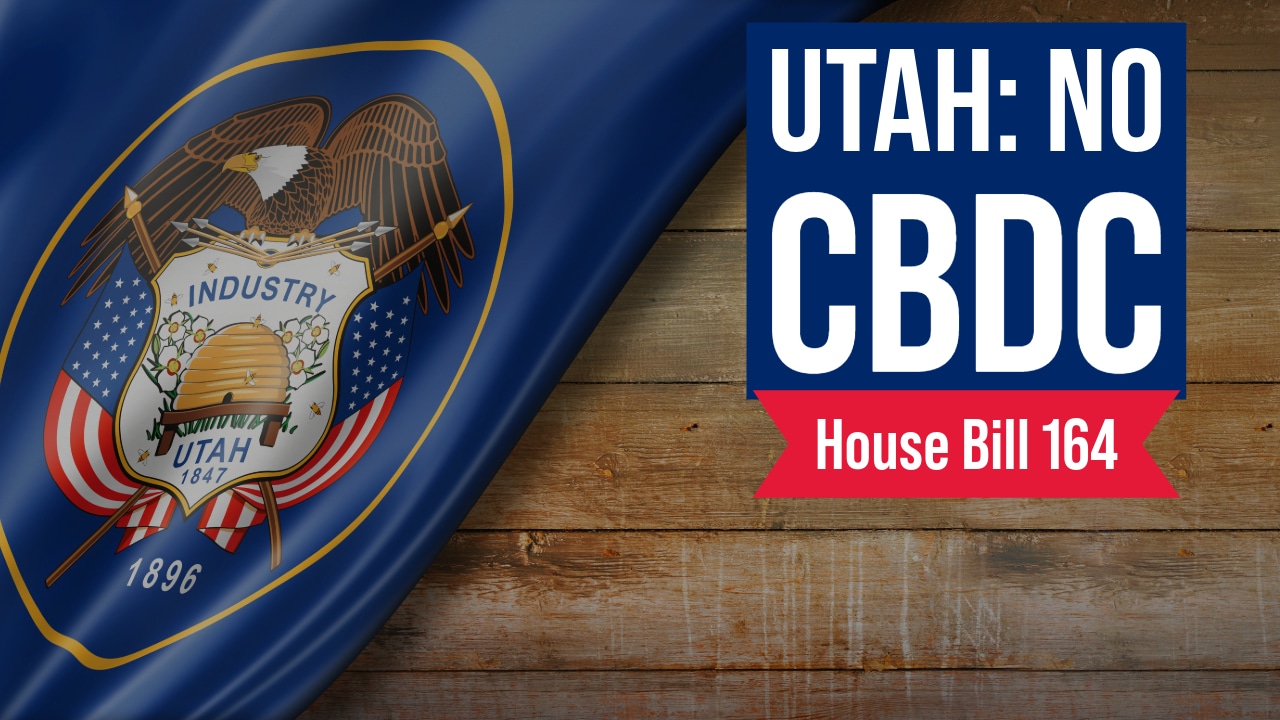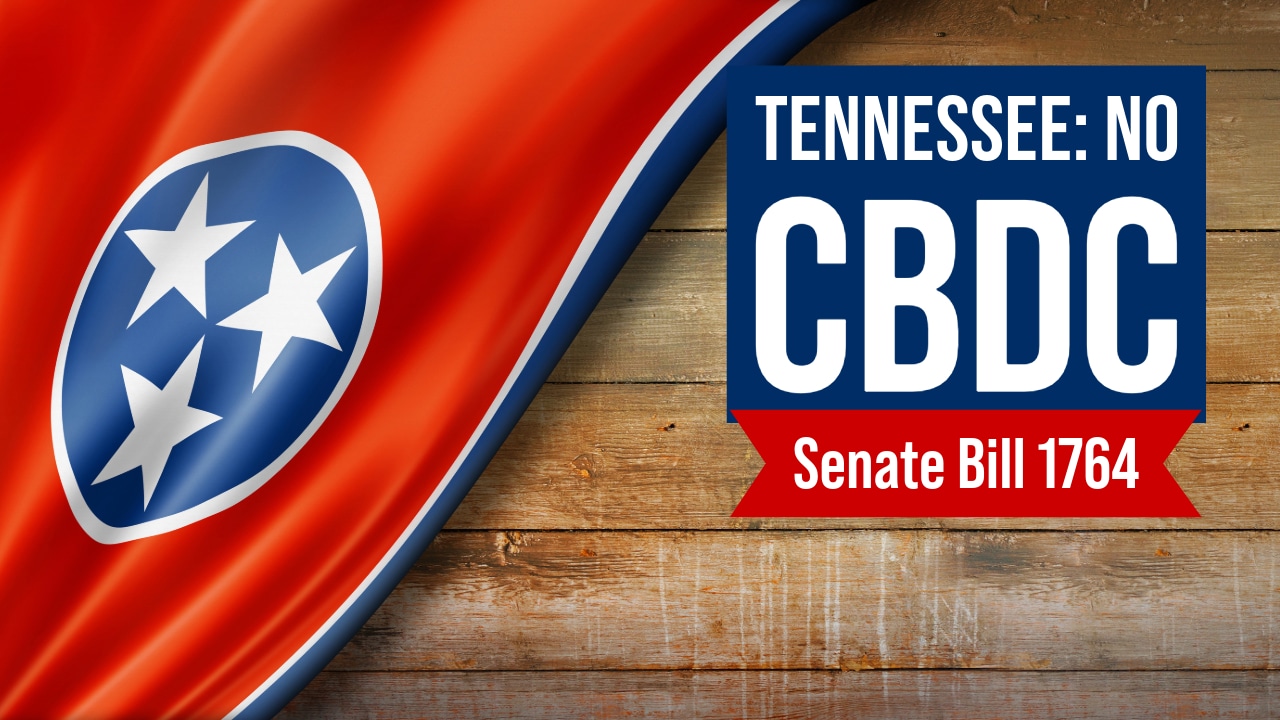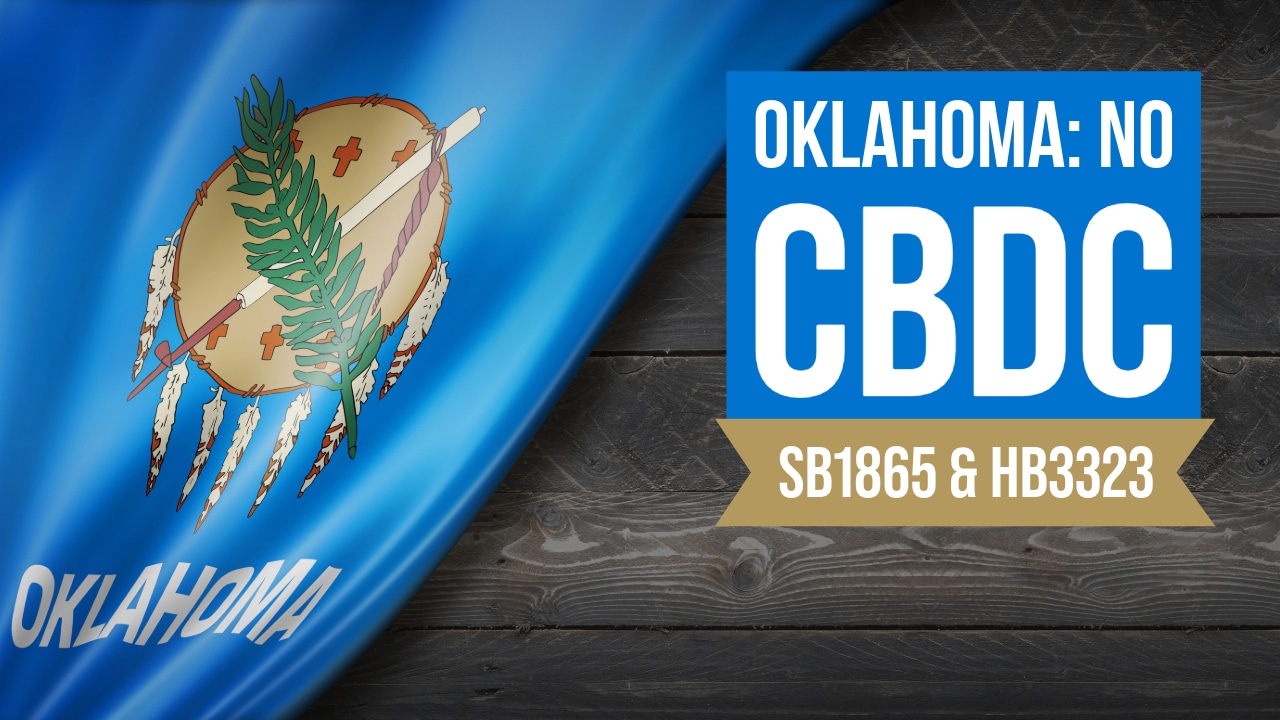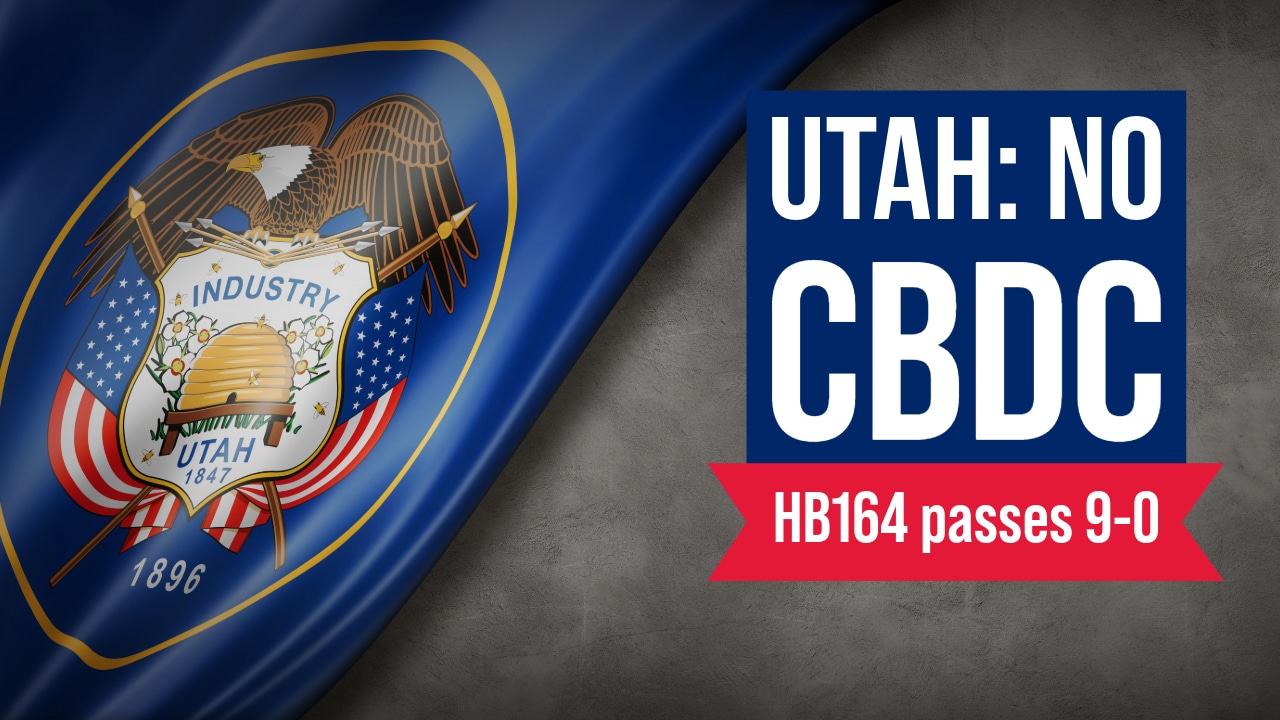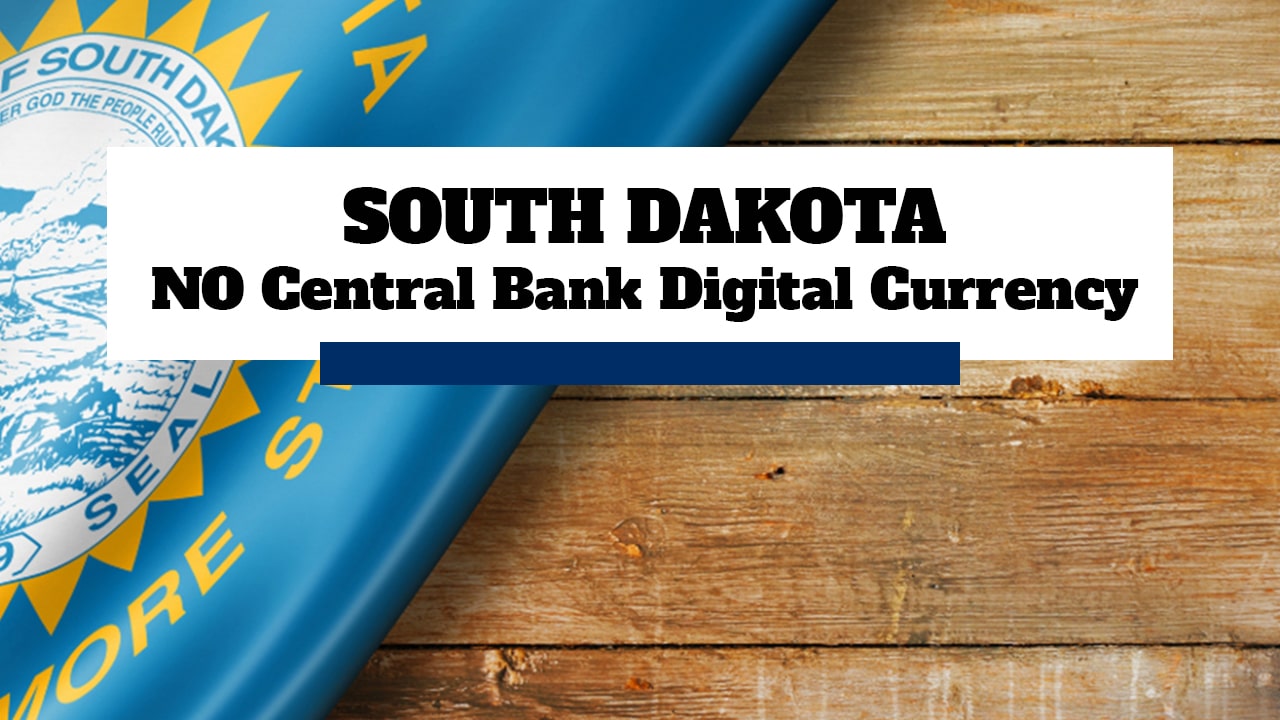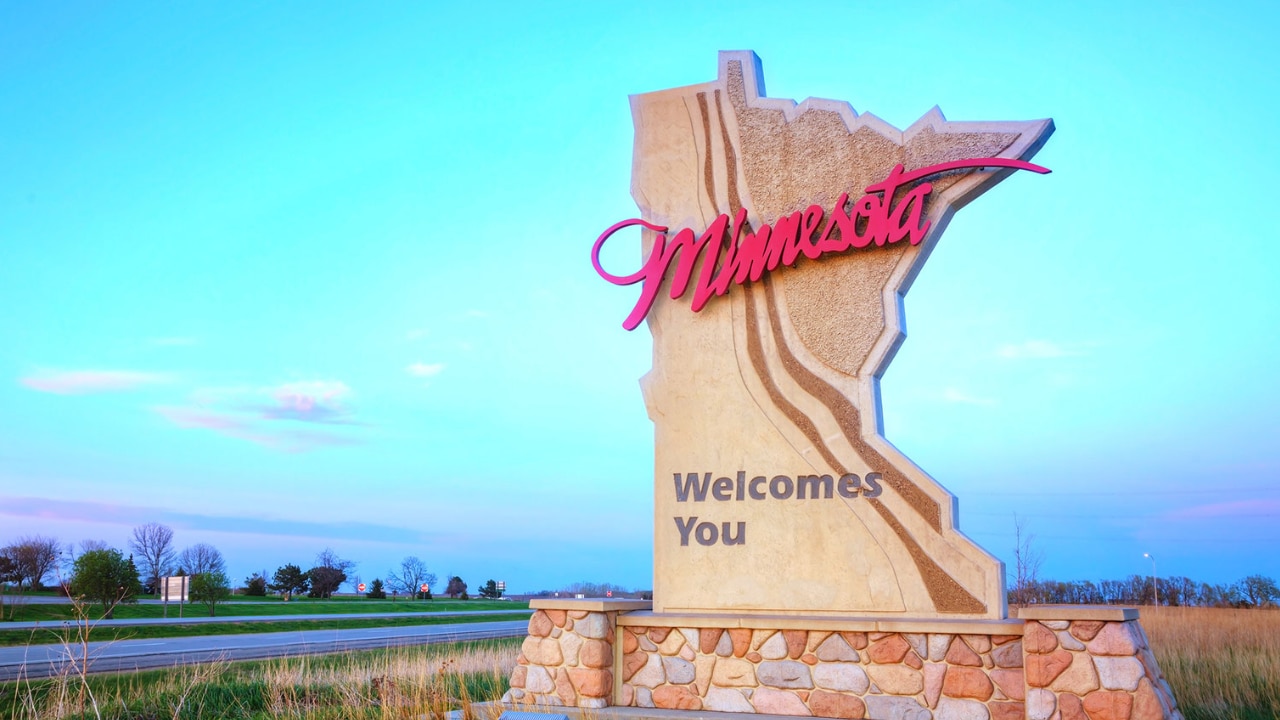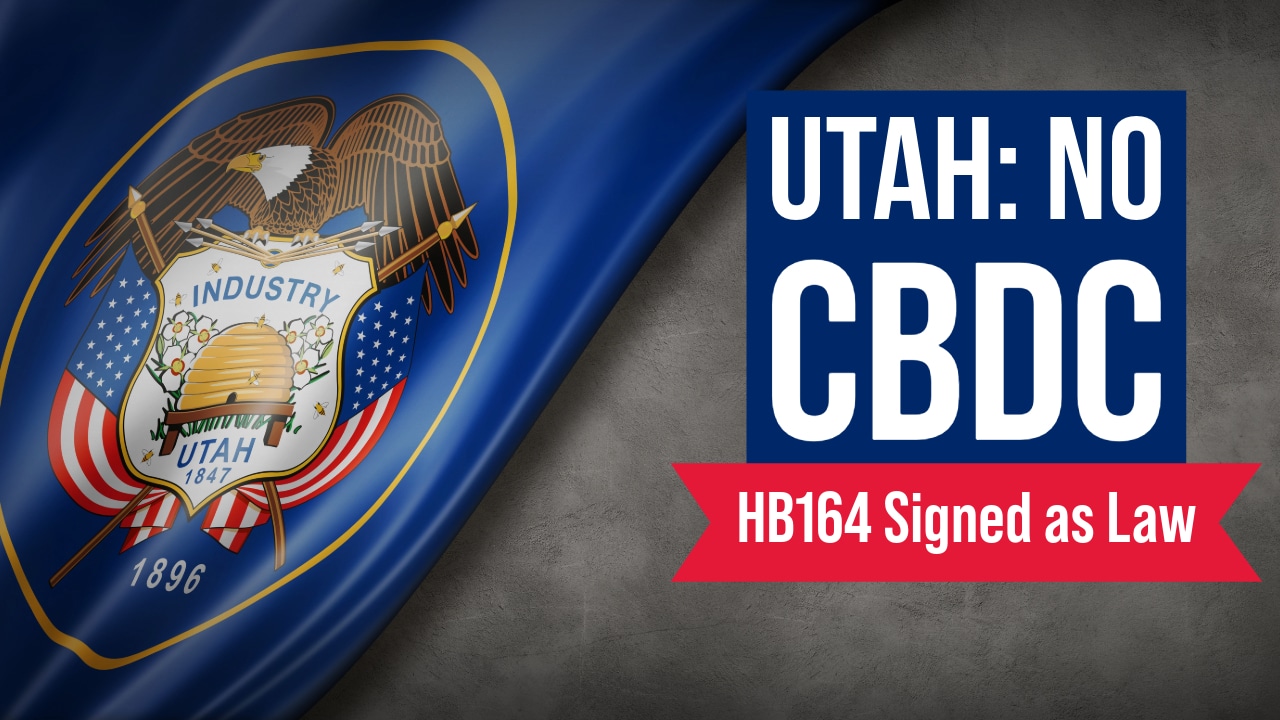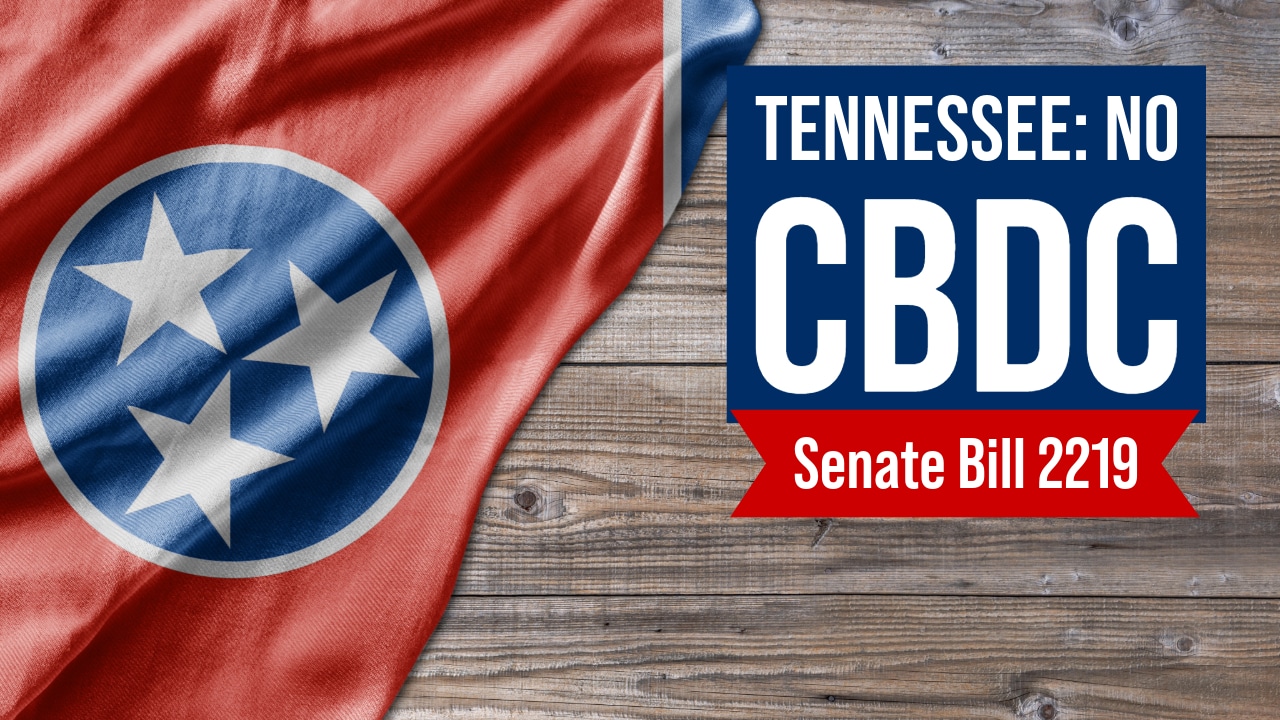A bill filed in the South Carolina Senate would expressly exclude a central bank digital currency (CBDC) from the definition of money in South Carolina, creating potentially significant roadblocks to its use as such in the state.
Sen. Shane Martin filed Senate Bill 861 (S861) on Nov. 30. The legislation defines central bank digital currency as a “digital medium of exchange, or digital monetary unit of account issued by the United States Federal Reserve System, a federal agency, a foreign government, a foreign central bank, or a foreign reserve system that is made directly available to a consumer by such entities and that is processed or validated directly by such entities.”
Under the South Carolina Uniform Commercial Code (UCC), “money” means “a medium of exchange currently authorized or adopted by a domestic or foreign government. The term includes a monetary unit of account established by an intergovernmental organization or by agreement between two or more countries.”
S861 would add “the term does not include a central bank digital currency” to that definition.
Similar legislation has already been signed as law in Indiana and Florida.
...
More:
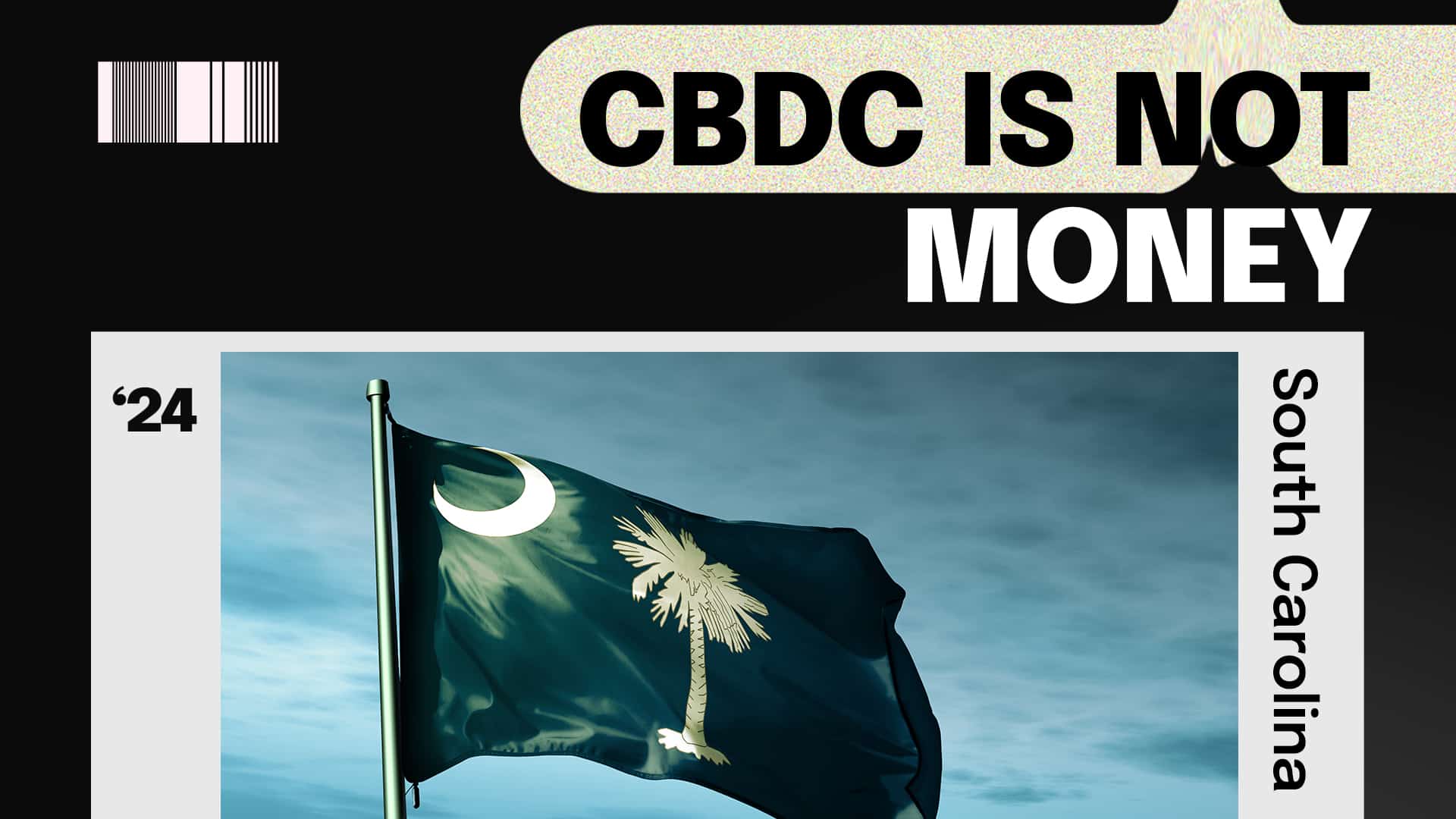
South Carolina Bill Would Exclude CBDC from State Definition of Money | Tenth Amendment Center
A bill filed in the South Carolina Senate would expressly exclude a central bank digital currency (CBDC) from the definition of money in South Carolina, creating potentially significant roadblocks to its use as such in the state.



